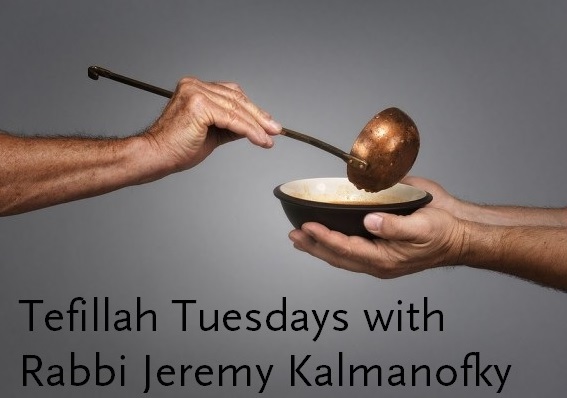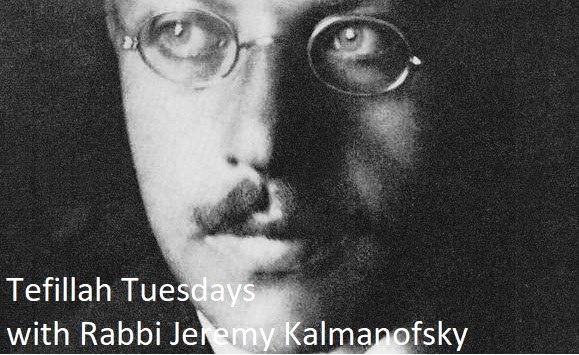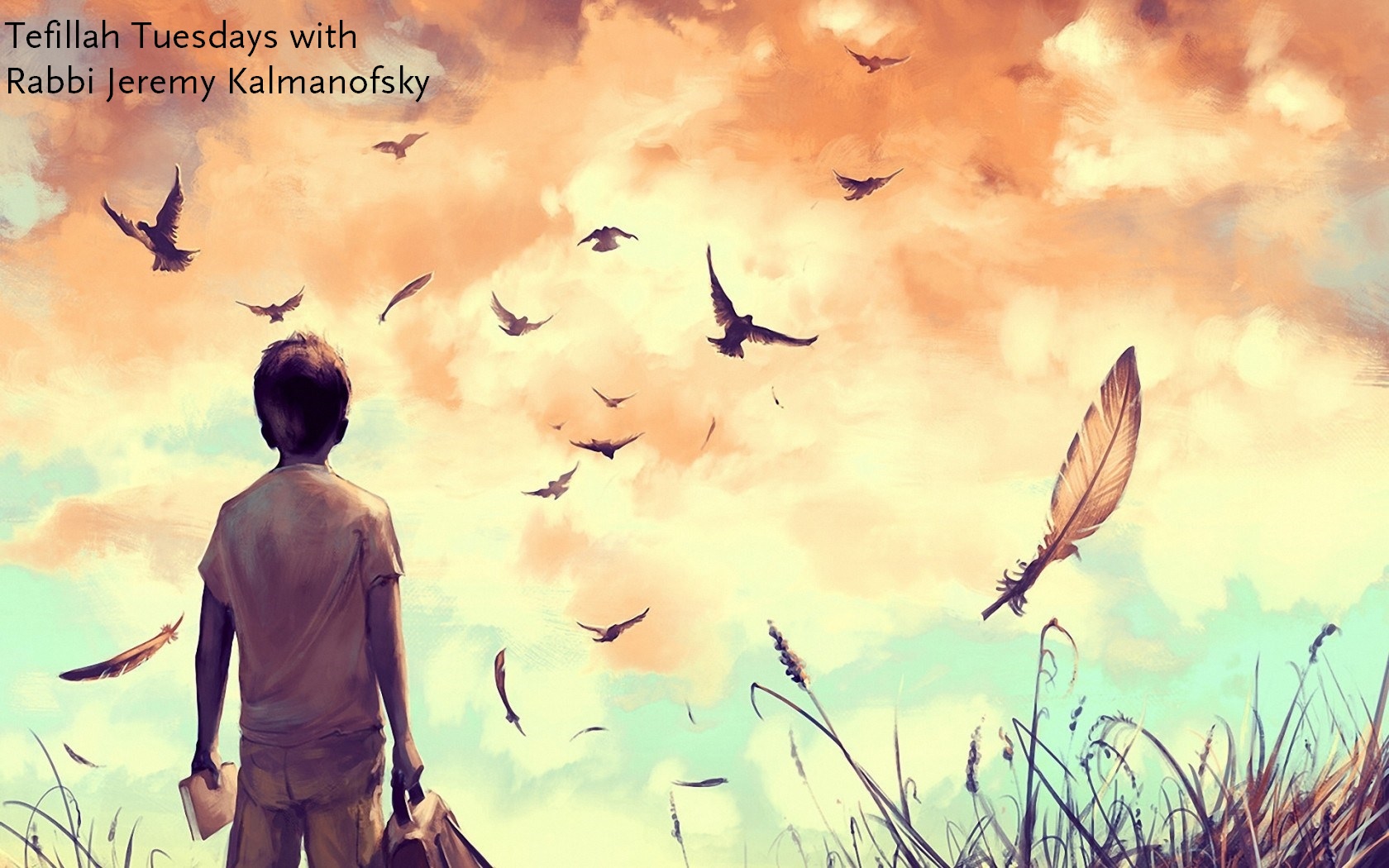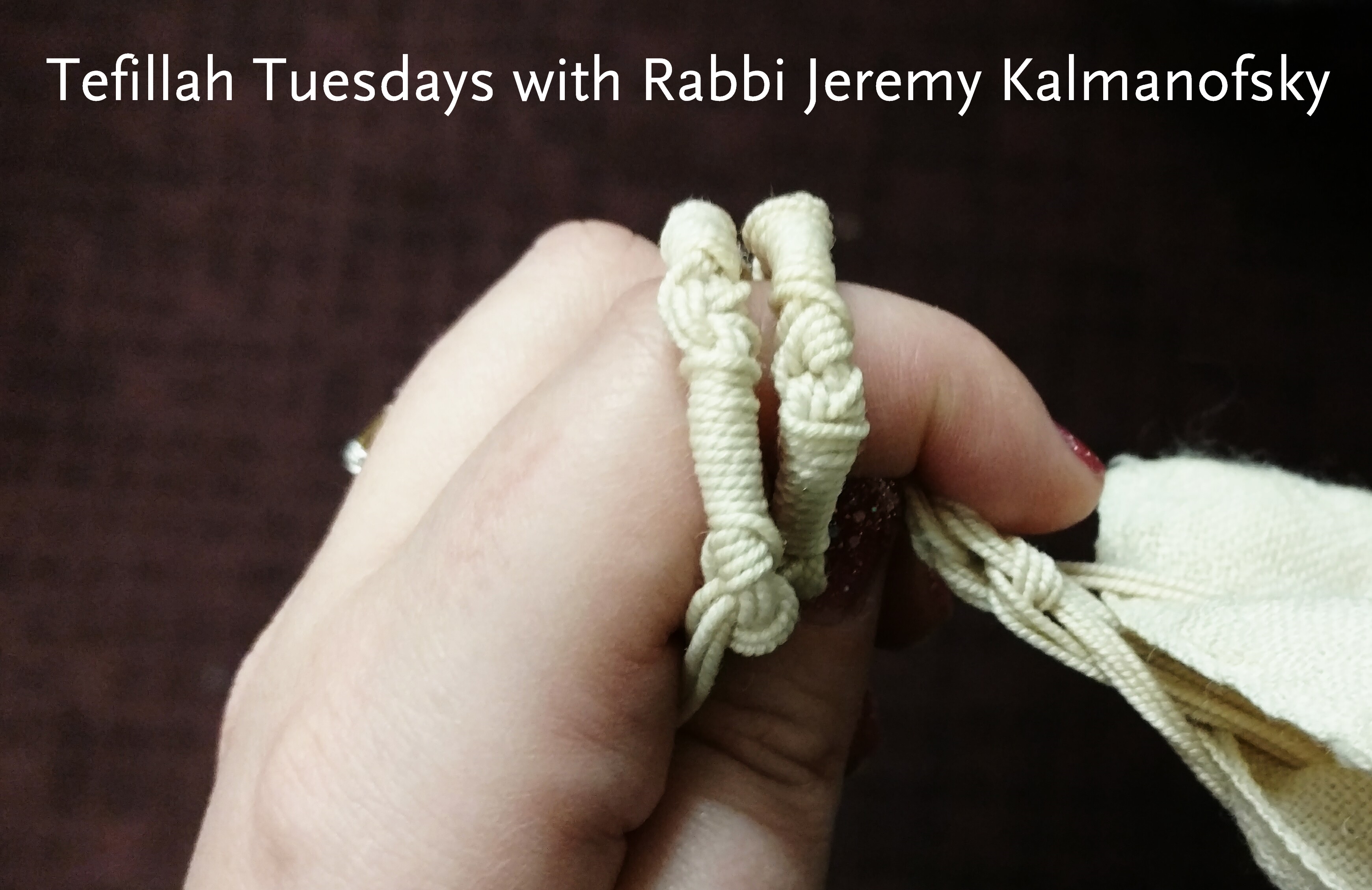Tefillah Tuesday: Broken Hearted
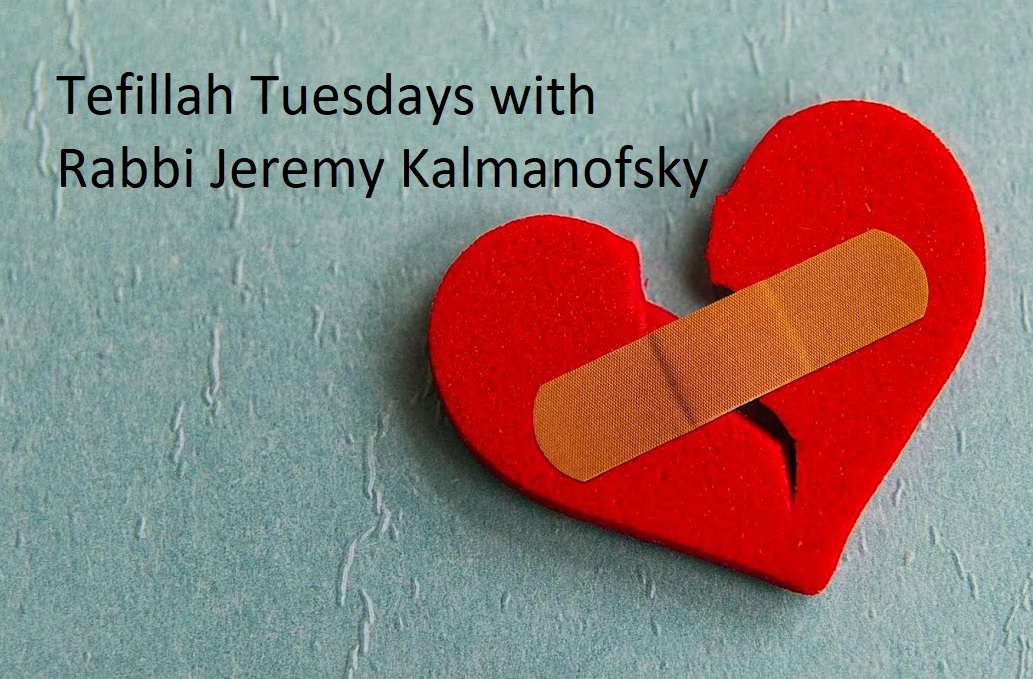
The Lord heals the broken-hearted, and binds up their wounds [Psalms 147.3]. The God of Israel, as displayed in the Bible, can be thunderously grand, demanding justice, punishing pharaohs, speaking in earthquakes and storms, laying waste to cities, moving empires around. And sometimes the Biblical God is a tender healer, whose arm goes around the… Read more »




